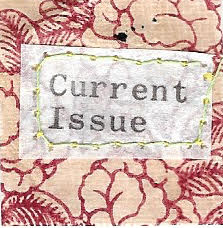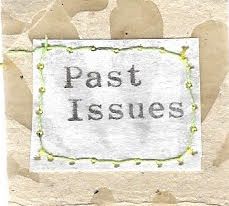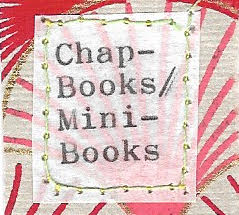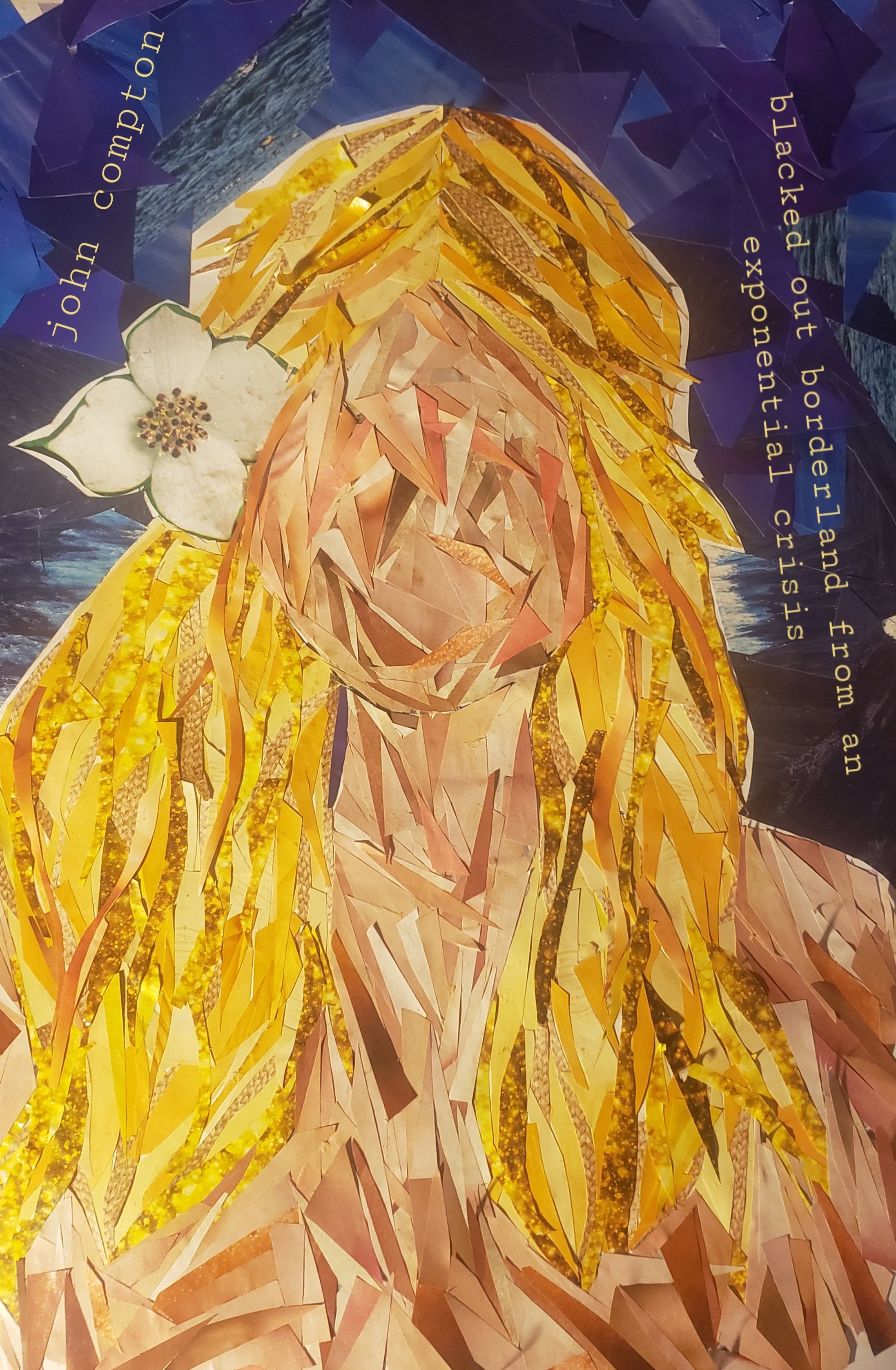blacked out borderland from an exponential crisis by john compton
blacked out borderland from an exponential crisis by john compton
2023//130 copies limited edition
john compton is a gay poet who lives with his husband josh and their dogs and cats. he is the poet of over 10 chapbooks/books, with the latest book: the castration of a minor god (Ghost City Press; december 2022) and chapbook: how we liberated what secrets we modified (Etched Press; march 2023). his chapbook: i saw god cooking children / paint their bones from Blood Pudding Press is continuously available.
Cover Art by Wendy Day
*
In john compton's blacked out borderland from an exponential crisis, the poems are tinder for the multitudinous resurgences of the speaker's memories, affection, queerness and adoration, often in honour of a fellow poet, which is, to some extent, autobiographical storytelling. john is a prolific poet, and with this collection of poems, he has outdone himself.
—Onyedịkachi Chinedu
blacked out borderland from an exponential crisis is a fierce, erotic collection. The poems within are taut and claustrophobic with their clipped lines and bristling, barely contained energy. Reading them is like undressing a wound to find a naked ache for justice: for the earth under capitalist assault, for queer lives under threat of American violence. But beyond rage we find eros and humor (“i live where trump is god. / his flags flap / on the back of big trucks— / the scripture / of small penises.”). The poems, despite their spare and frequently uniform appearance, feel expansive. Through them the speaker’s self expands, intimately and viscerally inhabiting objects, lives, and events: felled trees, 9/11, the beloved, the pandemic (“we ruin every good thing / hoping to stop death”), killed animals, the cosmos (“i am an asteroid; / an ocean. / deal with me!”). compton transcends metaphor to grasp the real.
—Tristan Beach
Good lord. I read the whole collection with my eyebrows furrowed hard. That is a very hard, brutal collection. The dead-writer poems are genius. I could not get over "before age broke her body across the floor like a chair." Totally brutal all the way through, and very delicate--made me very nervous and sick. Well done.
—ella corder
john compton has a way of completely destroying you with a phrase, quietly, in a soft southern drawl with a grin on his face. He will write “the empty only a symptom” or “how many bullets can fit into seven mouths” and turn your arms invisible. His poetry comes out of the ether, but is also body-borne, like a “bird / waiting to fly / from the hyoid bone.” You will find yourself reading and being instantly captured and crushed by his words as in “decay, give me a gift” to the point where you cannot stop reading for fear of missing any explosions. As a poet, john is a silent assassin, and one not to be trifled with.
—Scott Ferry, author of Skinless in the Cereal Aisle
In blacked out borderland from an exponential crisis, john compton writes about subversive, cruel, and unforgiving worlds where nothing can take root and grow without pain, without blood, without wounding and being wounded. But this battle for internal and external existence must be fought, not only for the speaker but for other characters in the poems: the narrator’s relatives, his clients and customers, the pets he loves and loses, the poets he reads and admires, the strangers of society who are by turns homophobic, uncaring, and robotic. His grief with society, which “latches like a tick: / gains power & grows” is evident, as is his fatigue. “no one knows / death dressed me today,” he writes. But as the poems progress, they gather strength and structure. They gain line breaks and titles. They become a declarative call for justice, for those who linger on the fringes to become the center of the stage. “i will never be / what you've planned,” he writes in one poem. It is clear that no matter how horrific the acts of humanity, it won’t break him or mute his voice. He says, “i want to drown / you in ink”—and we, his readers, want him to, because we are grateful for the power and clarity of his vision.
–Jen Karetnick, author of The Burning Where Breath Used to Be
blacked out borderland from an exponential crisis offers propulsive, wide-awake poetics from a dynamic and absorbing new voice. Like Ginsberg, with his jazzy, visceral cataracts of language and "queer shoulder to the wheel," compton isn't afraid to howl, rebel, and rage--as well as sing (in passages of bracing imagery) the beauty of birth and death.
—Cyrus Cassells, author of The World That the Shooter Left Us







